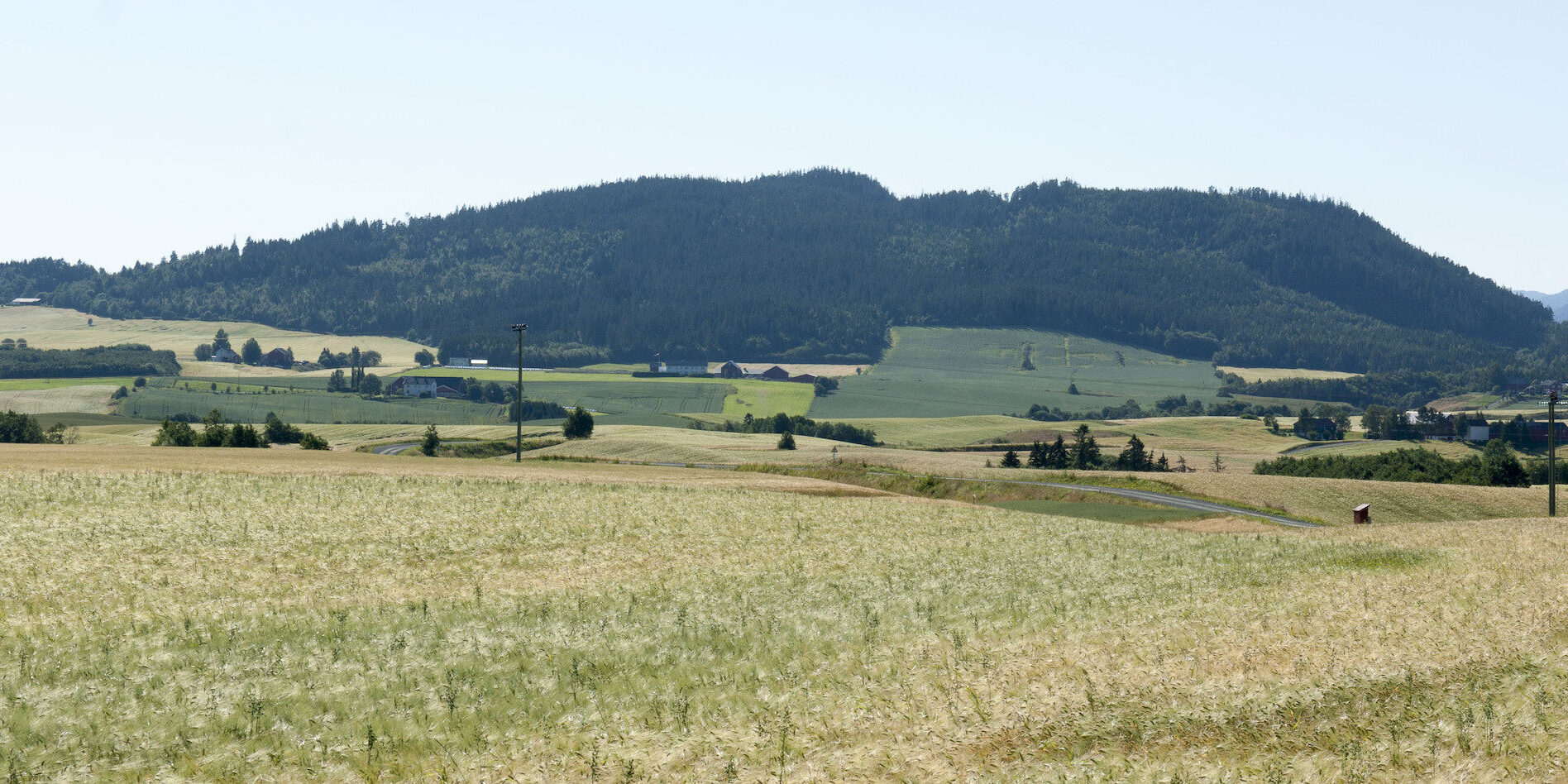
The Norwegian Way: Allodial Rights and Concession Laws
Contact persons
Share article:
Norway’s unique regulations of purchases and sales of agricultural properties is essential for property structures
This is among the conclusions in a recent Scottish report, comparing different countries regulations of agricultural property
– The Allodial act and the Concession act are two of the pillars of Norwegian agricultural policy, which distinguishes us from some other countries, says Magnar Forbord, which contributed to the report.
The Norwegian agricultural policy aims to keep farms in operation, facilitate family ownership and avoid concentration of properties, to secure settlement in rural areas and avoid land fragmentation. These targets are present in most of the countries in the study.
– What sets Norway apart are our policies. However, Norwegian agricultural policy has seen several deregulations in recent years, which makes debate about our regulations as relevant as ever, says Forbord.
The report has studied 22 countries spread across Europe, North America, Australia and New Zealand.
Small properties
Sales of Norwegian farm properties above 3.5 hectares of agricultural land requires approval from the authorities, if the sale goes outside the family.
– Government trade regulations on agricultural land are common outside Norway as well, emphasizes Forbord.
Of the 22 countries in the survey, 18 regulates acquisitions of agricultural properties. This is usually to limit foreign ownership, preserving cultural heritage and to facilitate regional socio-economic development.
Strict Swedish district policy
The many similarities between Norway and Sweden makes the countries frequently used in comparative research. One distinction between these countries is Sweden’s regional orientated regulations.
– Norwegian regulations does not differ between regions of the country, as they do in Sweden. Simultaneously, in 2003 jurisdiction over concession cases was decentralized from county to municipality level, in order to allow local adjustments, explains Forbord.
Allodial rights
Like Switzerland and Belgium, Norway has laws that favour family in cases of transfer. Something similar to Odelsloven (The Allodial Act) in Norway, which entitles family allodial rights, is difficult to find elsewhere.
– Formal allodial rights is a remedy of the past in most countries, but most properties aresold within the family, at least in Europe, says Forbord.
Simultaneously, the importance of allodial rights seems to weaken in Norway.
– Expectations for the next generation to continue the operation are waning.
Keeping farms in the families counteracts fragmentation of agricultural properties, according to the report.
– Odelsloven is not really an agricultural law, but a kind of inheritance law, which concerns agricultural properties.
Fragmentation in agriculture
Odelsloven, together with the concession law, limits fragmentation of agricultural properties.
– Odelsloven emphasized handing over the farm undivided to the oldest child. The Concession act in Norway states that it is necessary to facilitate good conditions for agriculture, which prevents fragmentation. In practice, however, the municipalities are reluctant to refuse concessions to farmers who has bought additional land distant from their own farm, states Forbord.
Residential and operational requirements
In Norway, buying a farm larger than 3.5 hectares of farmland entails obligations to live there for at least five years. 90 percent of farmland buyer stays on the farm for at least 30 years.
– This indicates that residential requirements has the intended effect, says Forbord.
At the same time, the number of farms without residents has increased steadily since 2001, despite liberation of transfer of small agricultural properties (at the time being below 3.5 hectares of agricultural land).
– The intended price increase from removing price control on transfer of such farm properties was supposed to encourage people to sell uninhabited farms, but research shows that emotional ties often trumps the monetary value of the farm, explains Forbord.
You can read the full report here.

